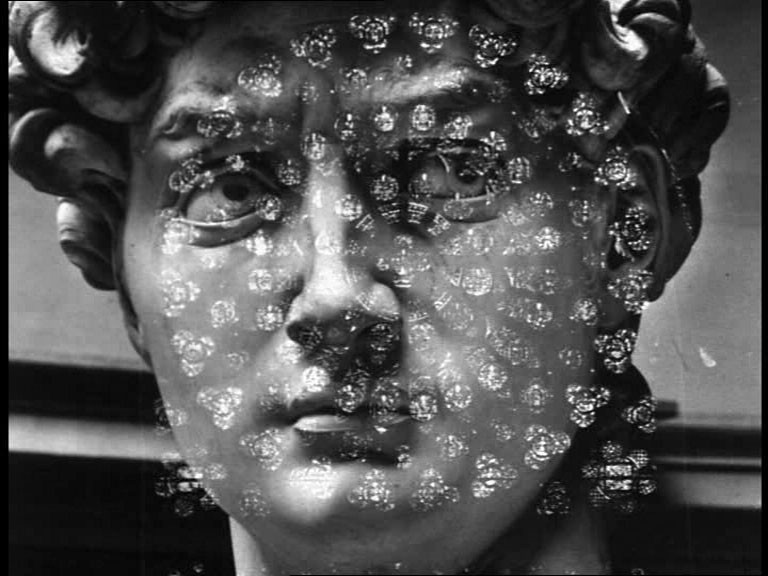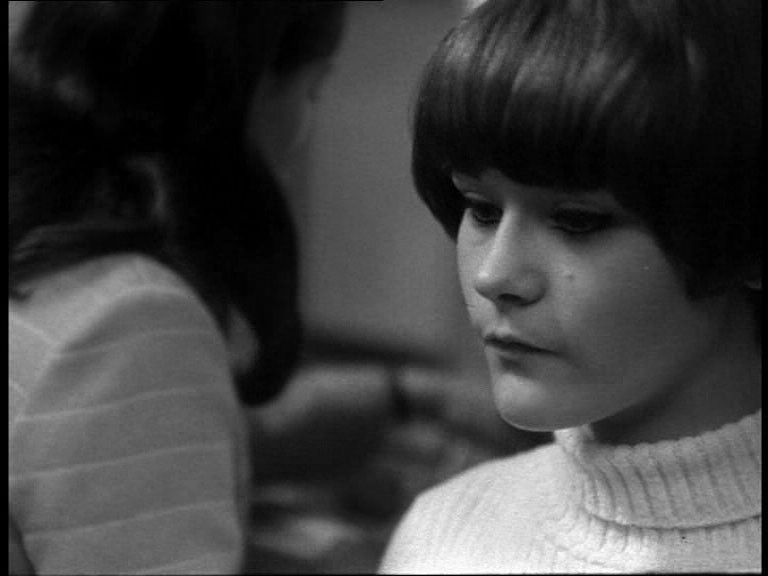Hora de los hornos, La

Notes and Testimonies on Neocolonialism, Violence and Liberation” is one of the symbols of cultural and political resistence in the 60-70s generation. The film is a reflection essay on the socio-political situation of Argentina between 1945 and 1968. It was filmed clandestinely in Cold War times in a Latin America rules by pro-American oligarchies and military dictatorships. The work is a four-hours-long trilogy divided in chapters and united by the themes of dependence and liberation. The first part, Neocolonialism and Violence, was conceived to be broadcasted in all kinds of circuits. The second and third parts, "Act for Liberation" and "Violence and Liberation", make up the first historical chronicle of Peronismo and the workers’ resistentes that followed. His proposal is an open cinema to promote debate and incorporate new sequences of future fights. The Hour of the Furnaces is one of the most awarded films in Argentine cinema: It was forbidden by all dictatorships, gave rise to a parallel circuit of political cinema and it was disseminated in over 70 countries.
Festivals & awards
- Pesaro Mostra internazionale del cinema nuovo, 1968: Grosser Preis der Filmkritik
- Mannheim Internationales Filmfestival, 1968: Publikumspreis, FIPRESCI-Preis, Preis der Kunstkinos, Preis der ökumenischen Jury
- British Film Institute Bester ausländischer Film 1974
- Los Angeles Kritiker wählen ihn zu den besten 10 Filmen der 70er Jahre
- Mérida Festival de Mérida (Venezuela) 1968: Bester Film
- Cannes Semaine de la critique 1969







Credits
Would you like to show this movie?
Please fill out our form.
Feel free to contact us
Press voices
«Die Stunde der Feuer von Fernando Solanas war die erste revolutionäre, filmische Antwort auf die sich ausbreitenden Diktaturen in Lateinamerika. Durch seine originäre Form als Essay, Dokument und Agitation veränderte er das politische Kino des Kontinents. Er wurde in 70 Ländern gezeigt und erhielt zahlreiche Preise. - Ein revolutionärer Film ist zum Klassiker geworden. Und zu einem Dokument bleibender Mahnung, des fortdauernden Aufbegehrens gegen all jene Probleme, deren Verursacher heute wie damals die gleichen sind.» Peter B. Schumann
«Der Agitationsfilm ist ein rasant montiertes Plädoyer für die gemeinsame kulturelle Identität Lateinamerikas im Kampf gegen den „Neokolonialismus“ Europas und der USA. Eine filmische Analyse Argentinien folgt ein Aufruf zur Revolution, später gibt es dazu auch praktische Handlungsanweisungen, etwa zum Bau von Molotow-Cocktails. In Argentinien durfte der Film zunächst nicht gezeigt werden, und wurde erstmals im September 1968 auf dem Festival des Neuen Films in italienischen Pesaro aufgeführt.» Freie Universität Berlin





